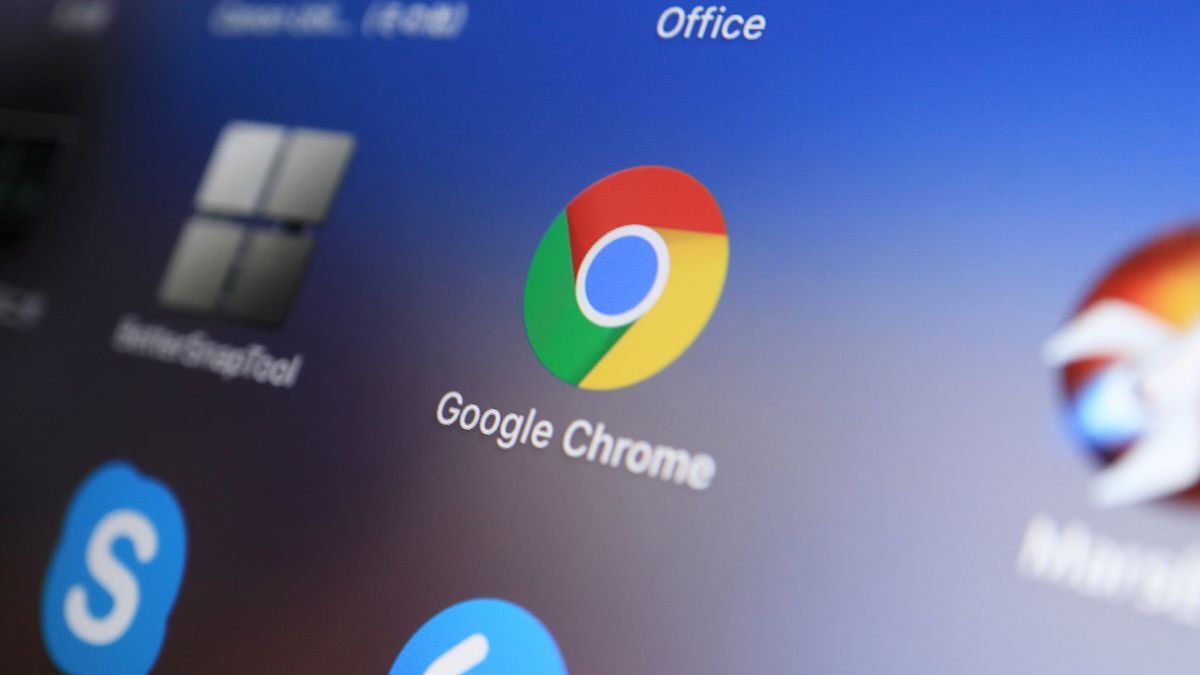- cross-posted to:
- [email protected]
- [email protected]
- [email protected]
- [email protected]
- cross-posted to:
- [email protected]
- [email protected]
- [email protected]
- [email protected]
Clearly, Google is serious about trying to oust ad blockers from its browser, or at least those extensions with fuller (V2) levels of functionality. One of the crucial twists with V3 is that it prevents the use of remotely hosted code – as a security measure – but this also means ad blockers can’t update their filter lists without going through Google’s review process. What does that mean? Way slower updates for said filters, which hampers the ability of the ad-blocking extension to keep up with the necessary changes to stay effective.
(This isn’t just about browsers, either, as the war on advert dodgers extends to YouTube, too, as we’ve seen in recent months).
At any rate, Google is playing with fire here somewhat – or Firefox, perhaps we should say – as this may be the shove some folks need to get them considering another of the best web browsers out there aside from Chrome. Mozilla, the maker of Firefox, has vowed to maintain support for V2 extensions, while introducing support for V3 alongside to give folks a choice (now there’s a radical idea).



Nice straw man. Nobody said the community was going to “Linux-sized” nor that it was going to be built in a “few days,” nor that it was going to have paid devs. It’s like you’re being intentionally obtuse.
There are already multiple supported forks of Firefox and while it doesn’t take much to maintain such forks when they are being fed a large part of the codebase by Mozilla, if you think such a project would not pick right the fuck up where Mozilla left off if Mozilla tried to pull a Google and get behind Manifest V3, you are, I believe, mistaken.
Mozilla itself owes its existence to Netscape’s failure in the face of unfair competition by Microsoft’s Explorer. Netscape released its source code, Mozilla was founded and the power of open-source created Firefox. Chrome’s halfhearted support of Mozilla is itself owed to the fact that they don’t want to get spanked over Chrome like Microsoft was over IE.